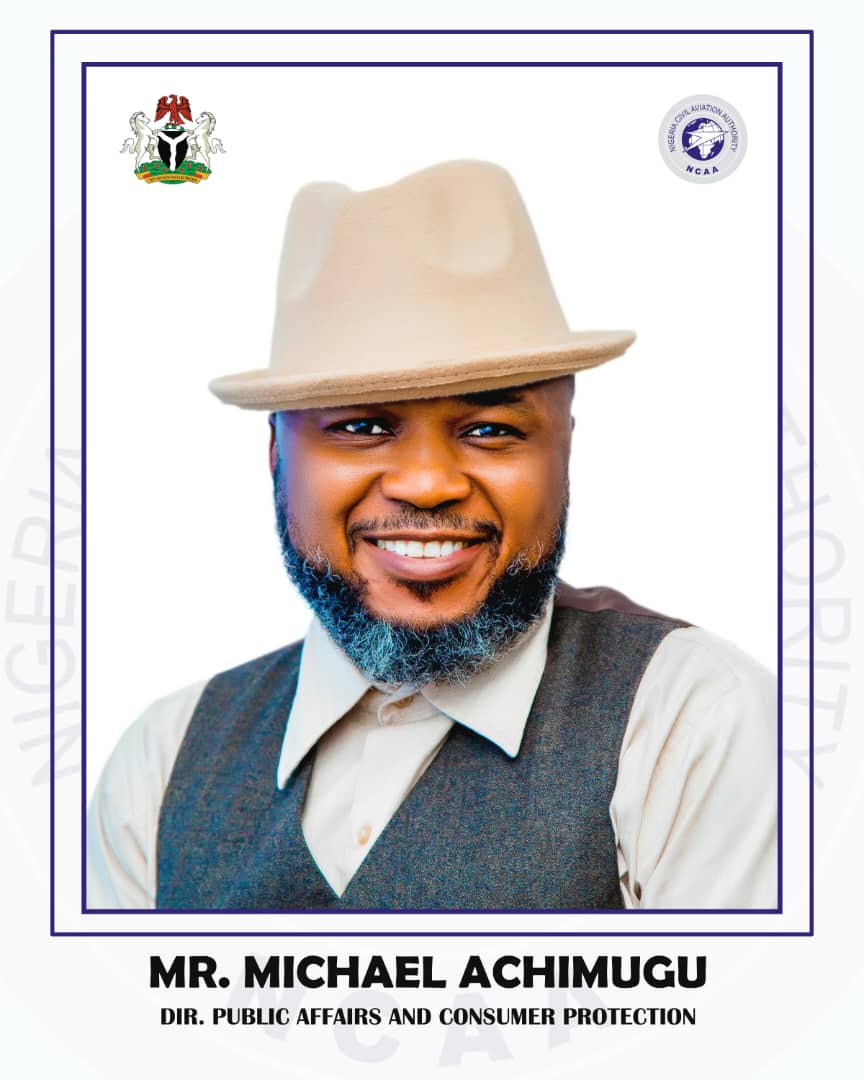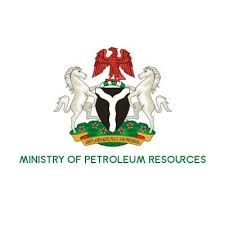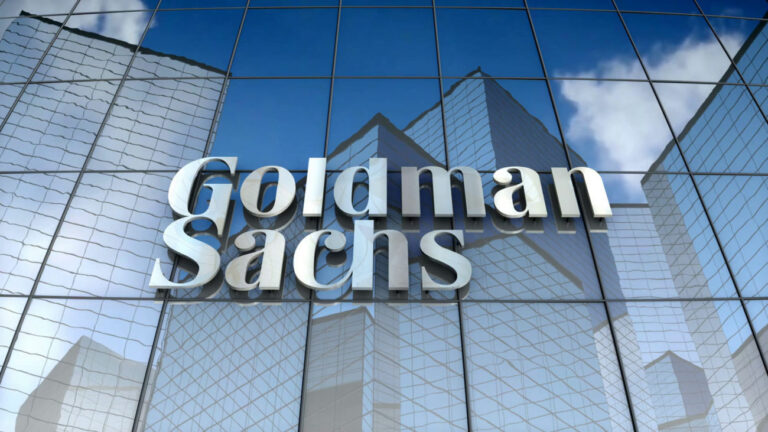
The Nigerian Civil Aviation Authority has clarified that it does not regulate airline ticket prices, emphasising that airfares remain a deregulated aspect of the aviation industry globally.
Speaking on the issue, the NCAA’s Director of Consumer Protection and Public Affairs, Michael Achimugu, told The PUNCH, “The price of tickets is not regulated. The NCAA does not regulate the price of tickets for airlines. All over the world, it’s a deregulated component of aviation.
“What happens is that at the beginning of every year, airlines submit their fares, and they post their fares for the year to the CAA.”
Achimugu explained that while airlines submit their fares annually, there are guidelines they are expected to follow. He noted challenges in the past, particularly regarding airlines’ refusal to release lower-priced ticket inventories despite government support.
“However, in the past, as of the time we came in, the stock funds for the airlines, which the president graciously paid, all the airlines, their stock dollars. Now, as of the time, what they were refusing to do was to release the lowest inventory tickets. Of course, after the intervention of that committee, they have released those low inventory tickets,” he said.
Efforts to address the high cost of airfares are ongoing at both national and regional levels.
Achimugu revealed that Nigeria is working towards implementing ECOWAS directives aimed at reducing operational charges at airports, a significant factor influencing ticket prices.
“The president has also asked that Nigeria implement the ECOWAS directive that the agencies in Nigeria should, across ECOWAS countries, reduce their charges,” he said.
He elaborated that high operational charges at airports contribute significantly to expensive airfares across the West African region. “Because when we reason for high airfares, it’s because landing in and departing from our airports is expensive. The charges are high. That’s why, if you notice in Africa, airfares are most expensive in the West African region,” Achimugu explained.
He further pointed out the business realities facing airlines, saying, “So ECOWAS is demanding of ECOWAS countries to cut down the charges at the airport, you know, so that it may also lead to lower airfares because the airline thing is a business. If you are going to pay a lot of taxes that will eat into your operating costs, then naturally it follows that you will want to charge a high airfare to cover that cost.”
Achimugu confirmed that Nigeria is taking steps to align with this regional directive. “So, ECOWAS has asked that African countries reduce those taxes, some of those taxes, and the president has also asked that Nigeria implement that directive,” he said.
While certain responsibilities lie with other agencies, such as the Federal Airports Authority of Nigeria and the Nigerian Airspace Management Agency, Achimugu emphasised the NCAA’s role in monitoring and supporting these efforts.
“So I think it’s in process because we also were asked recently to implement a certain number of things, but although that one is not within our own purview because we do not charge taxes at the airport, that’s FAAN and NAMA,” he noted.
He concluded by highlighting the collaborative efforts between agencies to address the issue comprehensively.
“But NCAA is monitoring what’s going on, and then we will be able to support the other agencies and collaborate.
“The high airfare committee is a collaboration between the CAA and NCCPC, and we were able to make some impact last time over the release of the low inventory tickets. So, we’ll also look at the other factors that may be responsible,” Achimugu stated.
SOURCE : PUNCH






Heart Meds Easy Buy: Hydrochlorothiazide – Blood Pressure Meds